In 2011, when I was seven, my family moved from Hamilton to Collingwood, Ont. — from a multicultural city to a predominantly white and privileged town. I was often the only child of colour in my classes. Black culture was no longer present within my community.
At school, the game of “how many pencils can fit in Anisha’s hair without her noticing” became a daily entertainment for my classmates. I was 11 years of age. I was told by adults that they were just kids being kids. However, to me it was racism.
You may unsubscribe from any of our newsletters at any time.
My peers taunted me to “go pick cotton.” They considered this to be acceptable and true of Black people. I knew this was racist, but I didn’t really understand the systemic depths of their comments. The words stung, but worse was the feeling of alienation.
More on Broadview:
- ‘Naked Pastor’ pokes fun at the sacred with his cartoons
- Minister in isolated northern Manitoba community dies from COVID-19
- Why it’s time to let native plants shine over lawns
Because of my biracial background, my white classmates called me “knock-off Black,” “50 percent off” and a fake. Yet I also wasn’t considered white. As terrible as all of these things were, I excused them because I wanted to have friends.
After many years of allowing these taunts, I became whitewashed. I was a biracial girl who wished to identify as white. I knew very little about my own background and tried my best to follow in the footsteps of my white peers and largely white family.
Last spring, when the Black Lives Matter movement was prominently in the news, I realized I had similar stories to those speaking out. I was a 17-year-old Black girl trying to sort out my identity. But then I realized I am one of these people. Suddenly, the Black people in the headlines became my people. Suddenly, people like me were being represented everywhere. Black people became important. I became important. Acknowledging the hurt I endured from my peers became important. Explaining why they were wrong became important.
I finally understood my role. My passion was ignited, and I knew I had a job to do. With this, I began to get involved, and I crafted a speech for a local Black Lives Matter protest. That’s when my activism took off. I no longer feared going against the grain.
Since then, being an activist has been a large part of my life. I have had the opportunity to work with Google and the Child Freedom Project educating others about racism. Through these alliances, I have been fortunate enough to further my own education and to self-reflect on a new level. I’m now able to embrace my background and move forward with this process proudly.
The years of hardships were not easy, but the experience has led to an invaluable outcome. I am Black. I matter. I have always mattered and always will.
***
Anisha Bensdira lives in Collingwood, Ont.
This story first appeared in Broadview’s April/May 2021 issue with the titled “Growing up Black in white Ontario.”

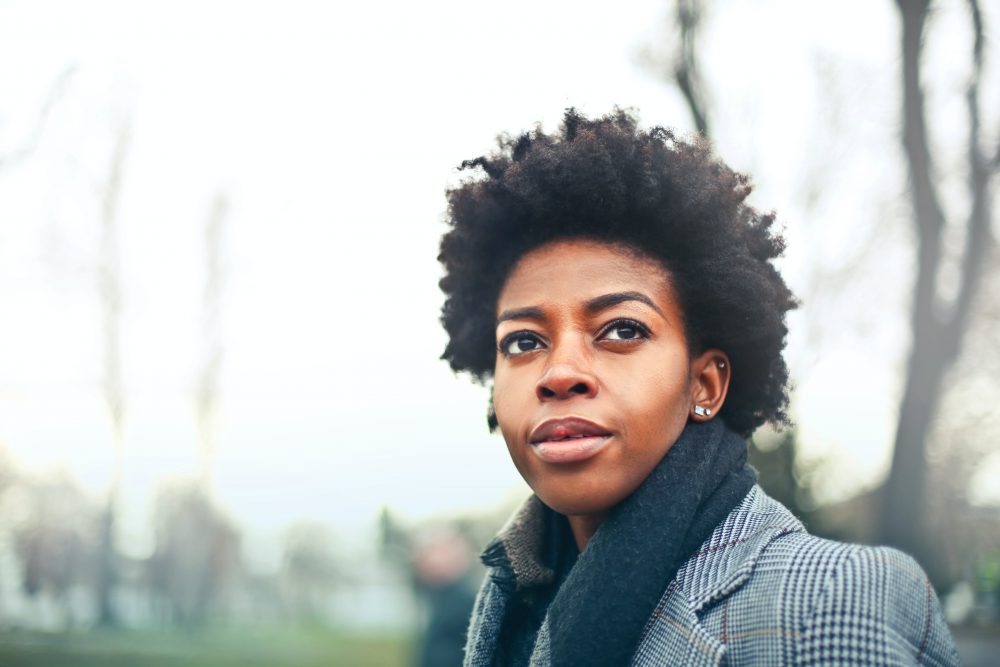








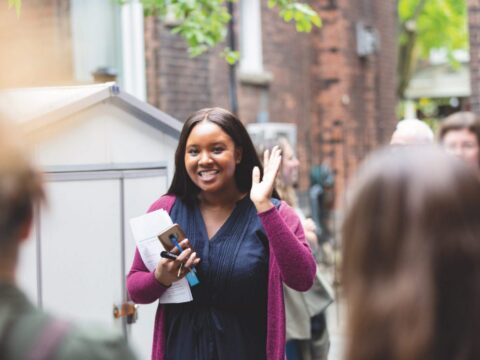
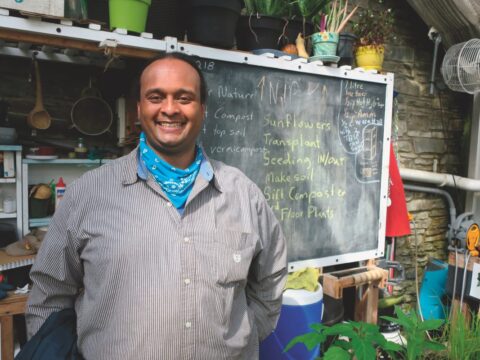
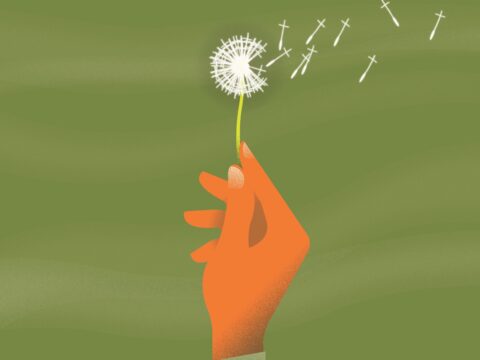
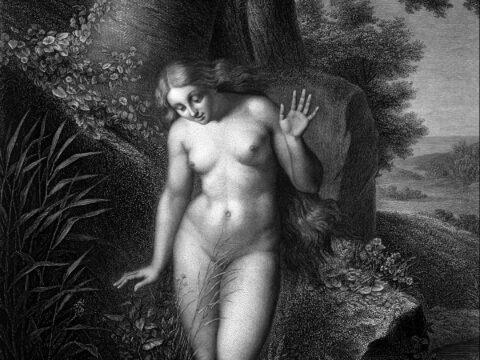
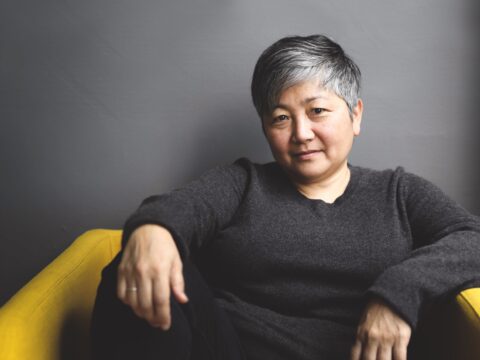
Someone with a similar story like yours: Amala Ekpunobi.
You tube. https://youtu.be/MhFdi1GHLwM